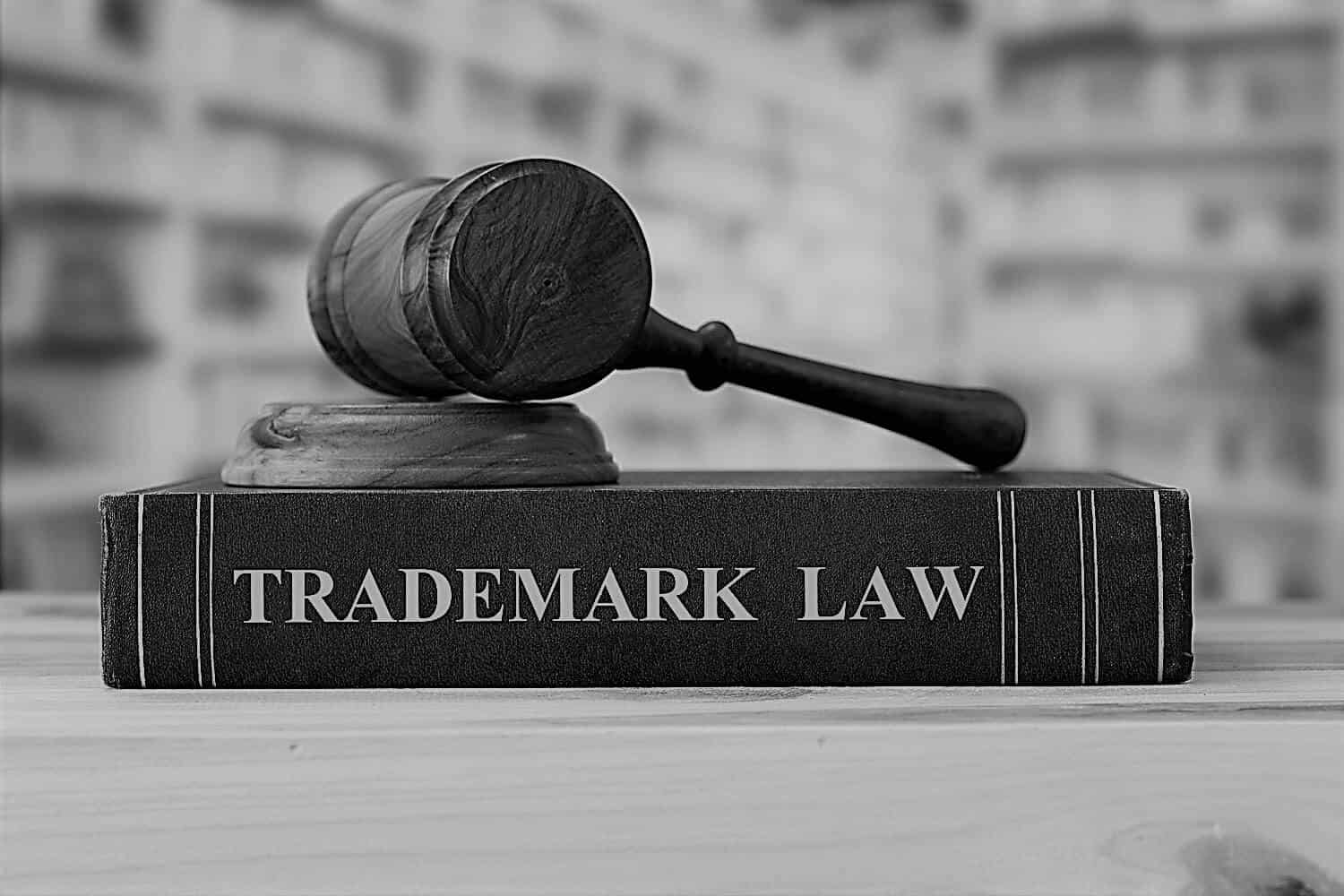Some business owners believe that once your business name is registered its yours exclusively to own. However, registering your business name does not give you exclusive rights to that name. Furthermore, it does not prevent other businesses from taking or using similar names. That is why understanding the difference between trademarks and registering your businesses’ name is important.
What happens when you register a business name?
Before you start your business, you must register your business name with the government, if you are trading under a name that is not your own. A business name is a name or title under which a person, or other legal entity, carries on business. It also helps customers and other businesses identify and connect with you. Your name allows your customers to form a relationship with you and your business and gives your business its identity. However registering your business name does not guarantee you certain ownership rights over it.
On this note, registering a business name does not stop others from using it legally if they have a trademark. Also it does not afford you the right to prevent others from using similar names to your business. Basically you cannot stop someone from using a similar name or threaten someone with with legal action if you don’t own the trademark for your name.
What do you get with a trademark?
The safest way to protect your businesses’ identity is through trademarking your business name and logo. A trademark guarantees you the exclusive legal right to use your business name. It allows you to take legal action more efficiently through injunctions and stop others from stealing your businesses’ identity.
It worth noting that when you register your business name you could be infringing on a another business trademark. This means when you go to register your business name, existing trademarks are not considered. Also if you believe that someone or another business has infringed on your trademark. Talking to an IP lawyer is a good way to ensure your business is safe. Also they can help you take the right action if your trademark has been infringed.
Also it is important to understand, if you find a trademark like yours which already exists. It may be possible for both trademarks to coexist if the goods and services they relate to are different. For example if a chocolate company uses a similar name as a soap company. This would be allowed as they are two vastly different markets and products.
Conclusion
Registering your business name and trademarking your name and logo is something every business owner needs to do. Put simply registering your business name does not grant you exclusive rights to that name. The only way you can ensure your business name is legally protected is by trademarking it. That is why trademarking your name is so vital before starting your business as it keep your business identity protected within the industry.
On a final note, before you can legally become a business you will first need to register for an Australian Business Number (ABN). An ABN allows you to be identified by and interact with other businesses. It is also a necessary requirement by the government for tax and administration purposes before you start trading.




